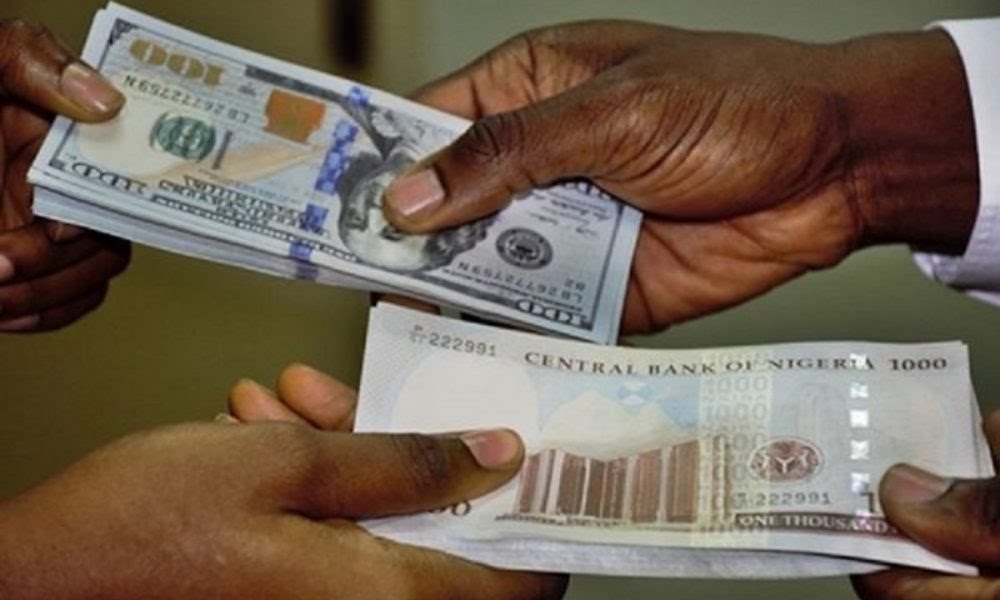
The undulating downward movement of the naira against other foreign currencies has left in its trail, hardship, failing businesses, loss of jobs in its trail, The Nation reports
High as the dollar/naira exchange has climbed, there are fears that the tally might climb higher. Going by the persistent free fall of the naira against major foreign currencies especially the dollar, the local currency may crash to as low as N800 to a dollar, Economist and Regional Director, Small Business Academy Africa, Dr Alaba Olusemore, has predicted.
Small Business Academy Africa is largely a not-for-profit organisation that improves business stability by up-scaling the skills of African Small and Medium-scale Enterprise (SME) owners. Dr. Olusemore said unless something is immediately done to address the pervasive insecurity across the country, which has posed a serious hurdle to local production and inflow of foreign investments, the exchange rate may hit N800 to a dollar by month-end.
“The major factor is insecurity which must be addressed to open the floodgate of foreign investment inflow into the country and also encourage local production,” he said, adding that there is no better time than now for various tiers of government to prioritize fiscal discipline.
Naira fall lowest since independence
So far, experts said the downward trend of the currency’s value has not helped the government in its battle against a parallel currency market. Economists and business executive expect the currency to keep falling, raising prices and reducing purchasing power for a country that relies heavily on imports. An Abuja based farmer, Innocent Mokidi, said the devaluation is affecting agriculture because most inputs used in the sector are imported. His words: “The inputs are bought in dollars, when you convert it into naira you realise that the prices are too high.”
A lecturer in the Department of Agric. Extension and Rural Development, Faculty of Agriculture and Forestry, University of Ibadan, Dr Kehinde Adesina Thomas, has been canvassing increased domestic output. This, according to him, will lead to an expansion of agri-business activity.Thomas said farmers face challenges with the increasing devaluation of the naira.
A consultant to the World Bank, Prof Abel Ogunwale, said it may have many benefits. His words: “The impact of currency devaluation as it affects the agricultural sector could be positive and negative depending on how we manage the necessary variables and factors that influence both the devaluation of currency and agricultural in Nigeria. Ogunwale said: “The impact of currency devaluation as it affects the agricultural sector could be positive and negative depending on how we manage the necessary variables and factors that influence both the devaluation of currency and agricultural growth in Nigeria.
He said: “Currency devaluation prescribed for many developing countries are usually expected to generate agricultural growth and stimulate reallocation of resources in favour of export production. Hence any time there is the devaluation of the local currency, there may be growth in export agriculture with a decline in some traditional export crops and expansion on specific non-tradable food crops.”
Read here details of this report by SIMEON EBULU,LUCAS AJANAKU, CHIKODI OKEREOCHA, OKWY IROEGBU-CHIKEZIE, COLLINS NWEZE, KELVIN OSA-OKUNBOR, DANIEL ESSIET and OLUWAKEMI DAUDA.
